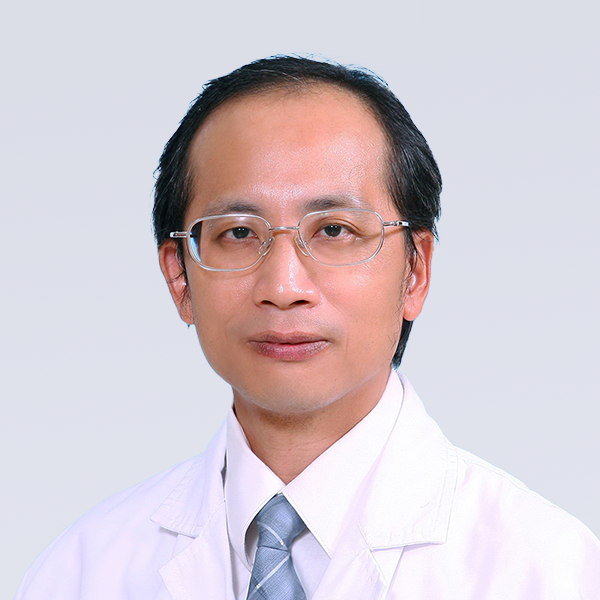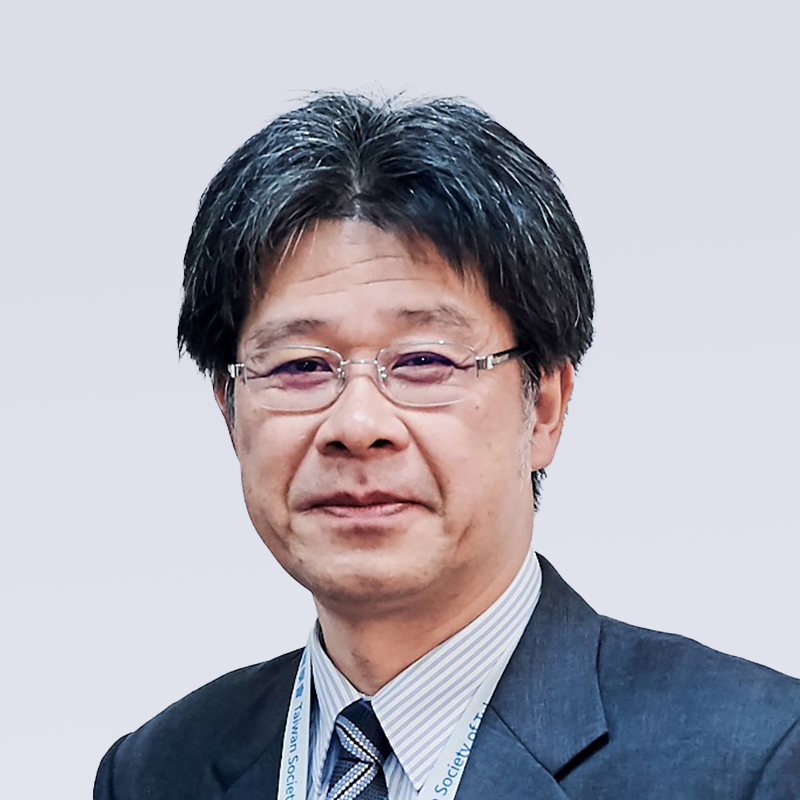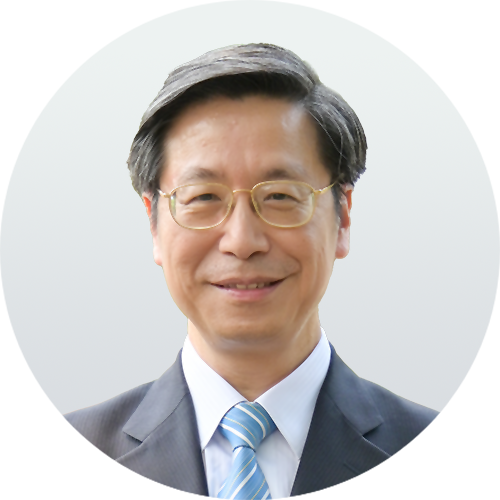Plenary Session 2:Universal Health Coverage (Health Economics)
| Time (GMT+8) |
Topic | Speaker | Country / Region |
|---|---|---|---|
| 11:10-11:40 | Taiwan’s journey to universal health coverage and forward: progress and challenges | Prof. Jui-fen Rachel Lu | Taiwan |
| Time (GMT+8) |
Topic | Speaker | Country / Region |
| 11:40-12:10 | Operational Modeling with Health Economics to Support Decision Making for COPD Patients | Dr. Chiung-Zuei Chen | Taiwan |
Taiwan’s journey to universal health coverage and forward: progress and challenges
Abstract :
Taiwan successfully established universal health coverage in 1995, after a 45-year-long journey (1950-1995) that provided 23 million people with access to healthcare and reduced financial risk. This was achieved by implementing a single-payer social health insurance model. The National Health Insurance (NHI) program offers comprehensive benefits coverage to the insured, including inpatient services, ambulatory visits to doctors, traditional Chinese medicine practitioners, and dentists, prescription drugs, home care, and hospice care. A modest copayment/coinsurance is required at point of service. The NHI-contracted providers follow a uniform fee schedule, mainly on a fee-for-service basis under a global budget. As of 2022, healthcare spending accounted for 6.97% of the GDP, while the NHI covered 44.50% of national health expenditures. This presentation aims to highlight the key features of Taiwan’s NHI and discuss the challenges it faces.
Prof. Jui-fen Rachel Lu

Taiwan
Operational Modeling with Health Economics to Support Decision Making for COPD Patients
Abstract :
Chronic obstructive pulmonary disease (COPD) is the third leading cause of death worldwide in 2019, Asia-Pacific Region had the highest age standardized death rates from COPD. Global COPD prevalence was projected to approach 600 million cases worldwide by 2050, which represents a relative growth of 23% in the number of individuals with COPD compared with 2020. To lower the future burden of COPD, evidences from long-term longitudinal studies are needed.
The life trajectory of COPD has traditionally been illustrated as a continuous accelerated decay in health status known as the accelerated frailty course. Recently studies revealed that COPD has three phases post-hospitalization for their first severe exacerbations (SAE). The first was a one-year period of elevated Health-related Quality of Life (HRQoL), followed by a two-year prolonged stable phase. After the second SAE, the final phase was characterized by a rapid decline in HRQoL and frequently SAE. To improve the outcomes of COPD patients, the Taiwan Bureau of National Health Insurance implemented a Pay for Performance (P4P) program for COPD in 2017. Group of patients who receive P4P program after their first SAE had lower rate of rapid decline of HRQoL in the first 2 years as compared with non-P4P group. In Taiwan, a steady increase in the proportion of COPD diagnoses using spirometry since 2010 and a boost was noted in 2017. Patients had diagnosed using spirometry displayed higher adherence to guideline-recommended pharmacotherapy and better outcomes, with lower mortality rates and less loss of life expectancy.
To understand the life trajectory of COPD can help physician to early intervention and support the evidences to share decision making with patients and their family. A growing tendency among physicians to adhere to guidelines, seek accurate diagnoses, and improve management, reflecting enhancements in the healthcare system with P4P program for COPD in Taiwan.
Dr. Chiung-Zuei Chen

Taiwan
The focus of his research is respiratory disease and main clinical interests on the management of chronic obstructive pulmonary disease (COPD). His research findings have published in the high impact journal such as European respiratory journal, Journal of the American Geriatrics Society, Respirology, Lung and Respiratory Medicine.
Prof. Chen-Yuan Chiang

Taiwan
Prof. Shan-Chwen Chang

Taiwan
Prof. Chang has held a variety of roles at the National Taiwan University Hospital including Chief of the Division of Infectious Diseases (1999–2009 and 2011–2013), Director of the Department of Medical Education (2002–2008), Vice-Director and Director of the Department of Internal Medicine (2007–2008), Vice-Superintendent (2008–2009 and 2011–2013). He has also served as Director of Department of General Medicine (2006-2009), Director of Center of Faculty Development (2008-2013), Chairman of School of Medicine (2011-2013), Associate Dean for Educational Affair (2008-2009 and 2011-2013), and Dean of College of Medicine National Taiwan University (2013-2019). During 2009-2011, he served as the Deputy Minister, Department of Health, Taiwan.
Prof. Chang has involved in the study of antimicrobial resistance since his Ph.D. training. He has also involved in the work of infection control, not only in the hospital level, but also in the national level since 1988. He has published more than 500 peer-reviewed articles in the fields of antimicrobial resistance, nosocomial infection and emerging infectious diseases. He is one of the most important leaders of infection control and antimicrobial resistance control in Taiwan. He has been appointed as the chairman of advisory committee of infection control for Taiwan CDC since 2000, and as the project leader of National Antimicrobial Stewardship Program in Taiwan. He has received many awards because of his outstanding contribution in teaching, research, and services.




